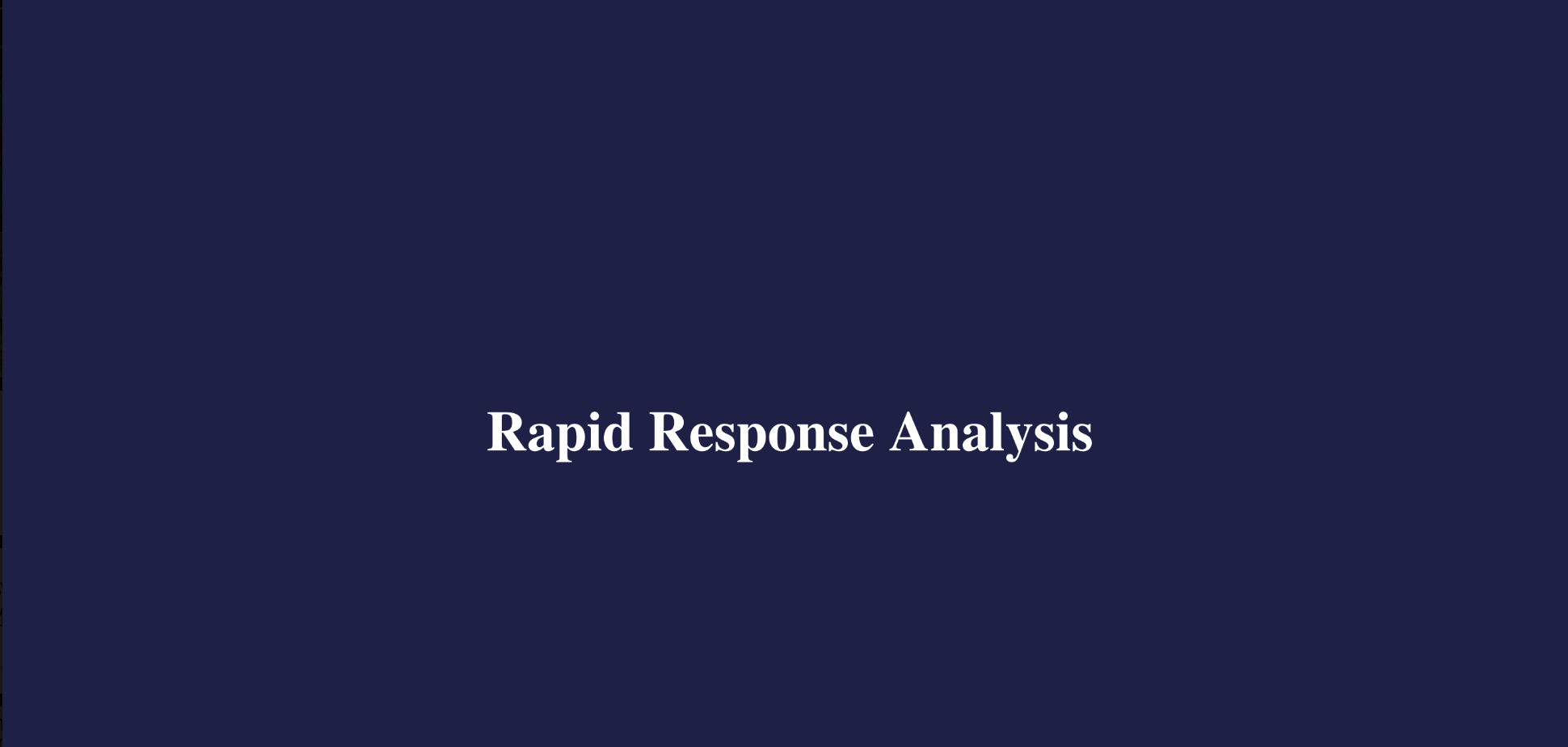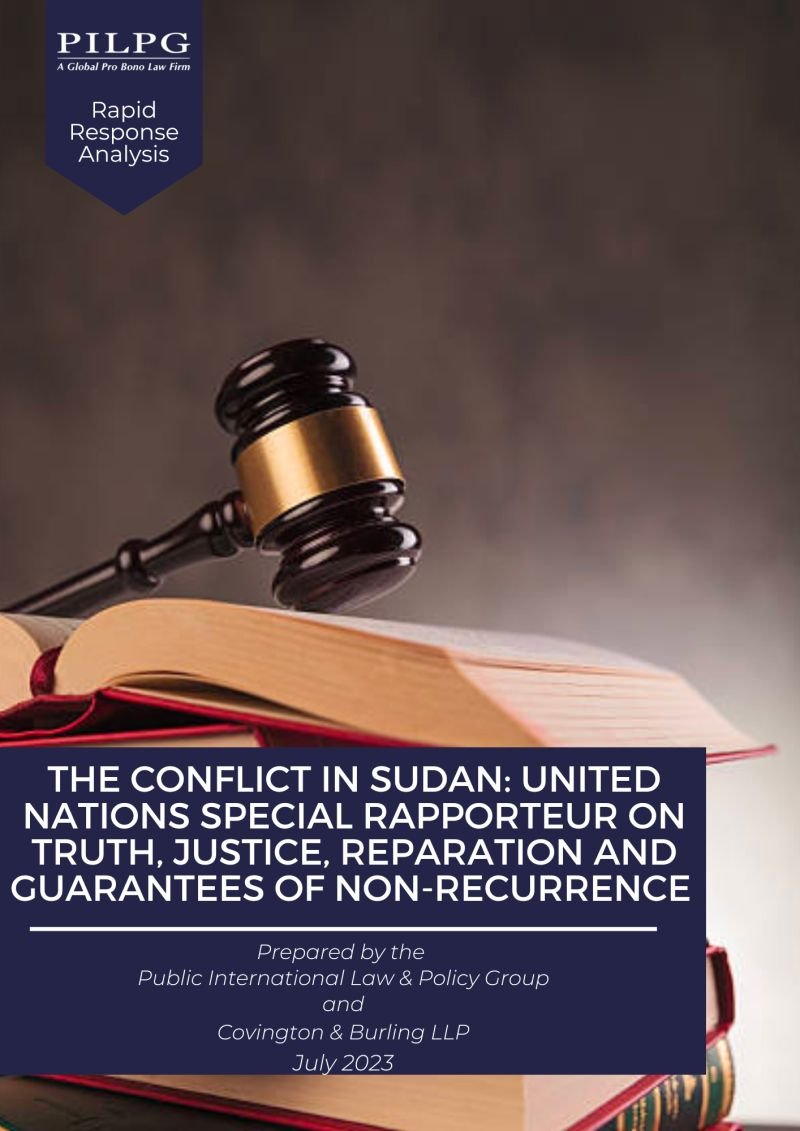The following webpage contains a range of guiding resources for understanding the roles of the United Nations and the African Union in relation to the ongoing conflict that erupted in April 2023 in Sudan, including:
Rapid response Analyses Additional Material
PILPG and partner law firms have collaborated to produce a series examining the actual and potential roles of United Nations and African Union special procedures in relation to the ongoing conflict that erupted in April 2023 in Sudan. Click on the images below to access the analyses.









